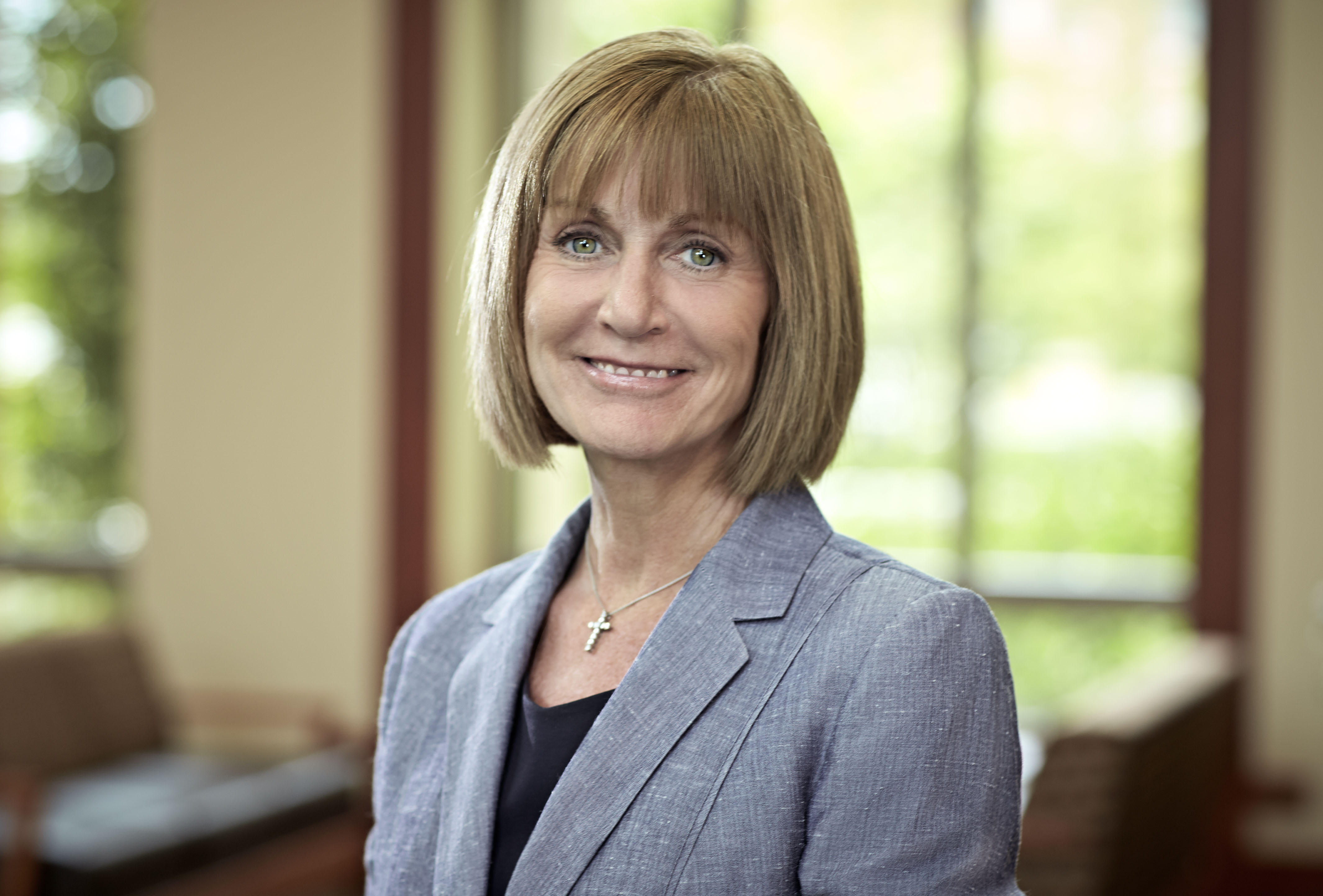The medical care physicians provide will always be at the core of a hospital or health system's business, even as healthcare begins to expand to encompass more aspects of patient wellness. Because of this, keeping physicians highly engaged should be one of healthcare CEOs' top priorities.
According to Mary Lou Mastro, RN, president and CEO of Elmhurst (Ill.) Memorial Healthcare, physician engagement is critical to making a successful shift from volume-based to value-based care models, in addition to providing high-quality care.
Ms. Mastro took the time to share some of her ideas and strategies for engaging physicians — a topic she will be exploring in greater depth at Becker's Hospital Review Annual CEO Roundtable + CFO/CIO Roundtable in Chicago, Nov. 18 to 19 — as well as the biggest challenges Elmhurst Memorial is facing, how to build a great team and the best advice she's ever received.
Question: What are some of the biggest obstacles you've observed regarding physician engagement at Elmhurst Memorial Healthcare?  Have you identified any tactics that are more effective for promoting engagement than others?
Have you identified any tactics that are more effective for promoting engagement than others?
Mary Lou Mastro: Physicians are increasingly being asked to change and adapt to new models of care delivery and payment reform. They are busier than ever, required to provide an increasing amount of documentation and in many cases are not seeing financial benefits from their increased workload. Time is valuable, and they want to focus their attention on activities that are meaningful to their practice.
We use a variety of strategies to engage physicians and respond to their unique needs. Involving physicians with the board for strategic planning is critical. Physicians need to know that they are recognized as partners and valued for their input into the vision and strategy of the organization. We include physicians in our service line and ambulatory network development, new business planning, technology assessment and acquisition and care redesign. Physicians are engaged in our clinical integration and accountable care organization strategies. Providing physicians with ongoing education on industry trends, leadership and best practice is critical to engagement.
Q: What kind of physician staffing model does Elmhurst Memorial Healthcare have? How do engagement strategies differ between employed and affiliated physicians?
MLM: Edward Elmhurst Healthcare embraces a pluralistic model for working with our medical staff. We have employed physicians, affiliated physicians providing services through professional services agreements, contracted physicians and independent physicians. Challenges arise when we can legally provide services for our employed physicians that we cannot provide for other physicians. However, the fundamental approach to engaging physicians is the same — it involves recognition, respect, communication and involvement in decision making. Our committees and work groups reflect the diversity of our medical staff, and a culture of honesty, transparency and a shared vision typically supersede any differences.
Q: What is one of the biggest challenges Elmhurst Memorial Healthcare is currently facing?
MLM: We are all in some state of transition from a volume- to value-based payment system. It takes an enormous amount of resources to track and improve on hundreds of core measures and outcome metrics. Prioritizing and focusing the team on the most critical elements requires great discipline. We use rapid cycle improvement and lean methodologies to engage physicians and staff and demonstrate improved outcomes quickly. But, there is no doubt that keeping up is expensive and challenging.
Q: What is unique about your market? What must you factor more into your strategy than you would if your organization were elsewhere in the country?
MLM: Elmhurst Memorial Healthcare is a suburban hospital in a highly competitive market in close proximity to several academic medical centers. We need to create easy access to our services and prove to our customers that they don't need to drive downtown for great care. Our ability to recruit excellent physicians and professional staff is a huge asset. We provide highly advanced medical care in a setting focused on quality, efficiency and the patient experience. Our success is driven by our relentless pursuit of top-decile performance in quality, patient experience and physician and employee satisfaction.
Q: What is your strategy for building a team? What does an ideal team or support system look like to you?
MLM: To me, it's always been simple. Hire highly qualified, enthusiastic leaders who work well on teams. Pay them fairly. Be transparent and provide them with as much information and support as possible. Provide educational and growth opportunities. Encourage divergent thought. Have fun and laugh often. Stay out of their way and recognize them often for the great results they produce!
Q: How do you deal with naysayers and resistance to change?
MLM: There will always be resistance to change — it's a part of the process. Change management is all about communicating a vision and creating a sense of urgency for change. This often requires active listening and ongoing dialogue with those who are not onboard. But not everybody can be converted. Sometimes you just have to move on with conviction.
Q: What is the most memorable piece of advice you've ever received?
MLM: Of course, it came from my mother. She was the most amazing woman I ever met. Neither of my parents graduated from high school, and they sacrificed a great deal to ensure that all six of their children went to college. Mom always taught me, "It's nice to be important, but it's more important to be nice." How right she was!


